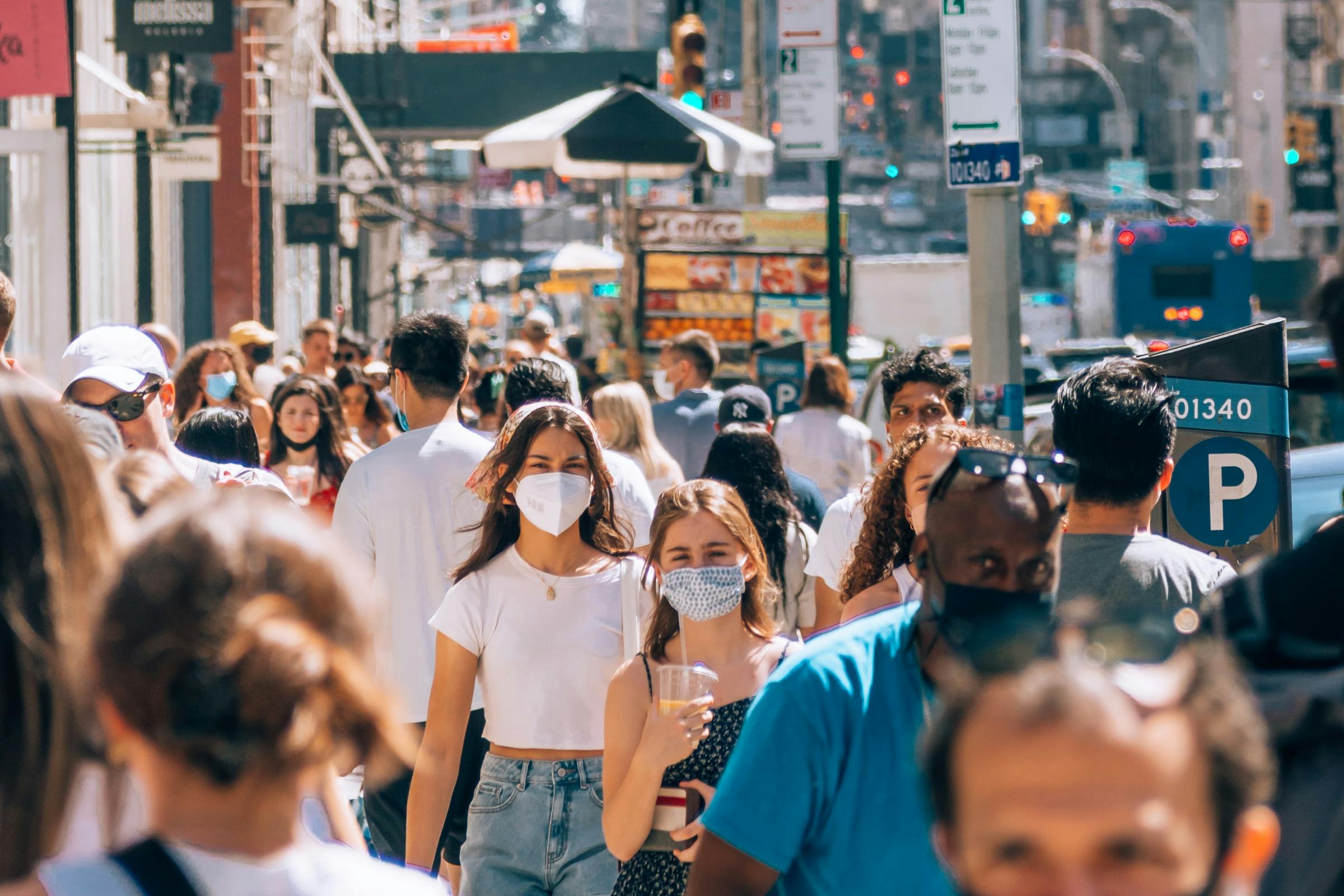January’s Newest Changes
It was fun while it lasted, but the relaxed COVID policies in the US are no more, at least if you’re coming from China, Hong Kong, or Macau. The travel restrictions came back on January 5, 2023. Now, anyone over the age of two must show proof of a negative COVID-19 test or of a recent recovery from the virus before getting on a plane to a US destination.
But what if you’re going through one of these countries to get to the US? Yes, you still need proof that you most likely don’t have COVID. You’ll need a negative COVID test dated no more than two days before your departure to the States.
These restrictions are the same for everyone over the age of two. It doesn’t matter what your nationality, race, vaccination level, or immigration status is. You’ll need results from a PCR or monitored self-test authorized by the FDA to board a flight. However, limited exceptions may apply with emergency travel only when someone’s life or health is in serious danger or under threat.
If you travel through Toronto, Vancouver, or South Korea, and you’ve been in China within ten days of boarding, you’ll need to show the same evidence.
In short, the relaxation of restrictions in China means a tightening of them in the US. But other countries, like Australia, France, Israel, Canada, Italy, Malaysia, Japan, and the UK, among others, are also jumping “on board” with stricter regulations.
Changes in Visa Restrictions
So how does this affect the H-1B visa process? While outside countries increase their security measures, China is making it easier to come and go from their borders.
The Chinese Embassy and the US Consulates-General have reached an agreement to encourage employers in the US and foreign workers from China to collaborate. Under these new requirements, you can still obtain a new H-1B visa.
However, any multiple-entry, multi-year visas with a date of issue before March 26, 2020, remain suspended from use. If you must go to China and you fall under that category, you’ll need to apply for a new visa. The US still isn’t accepting any tourism or medical treatment visas for individuals from China.
The H-1B visa program for employer-employee relations was somewhat delayed prior to this change. Consular Sections at the US Embassy in Beijing and other consulates were not providing services, making it difficult to obtain the necessary interviews to process the visa. Now, Beijing’s US Embassy and the Consulates in Guangzhou and Shenyang have resumed these services. Consulate General Wuhan is also providing certain services for US citizens.
What’s Next?
As we’ve all seen over the past three years, COVID makes it difficult to predict any governmental policy changes. However, it’s our job at Visa2US to stay up-to-date on any regulations that could affect the H-1B visa and you, the applicant.
Contact us today if you are planning to head to the US from China and are considering an H-1B visa or if you want to hire a foreign worker from there. Let us walk you through all the red tape and help make the process easier for everyone involved.














